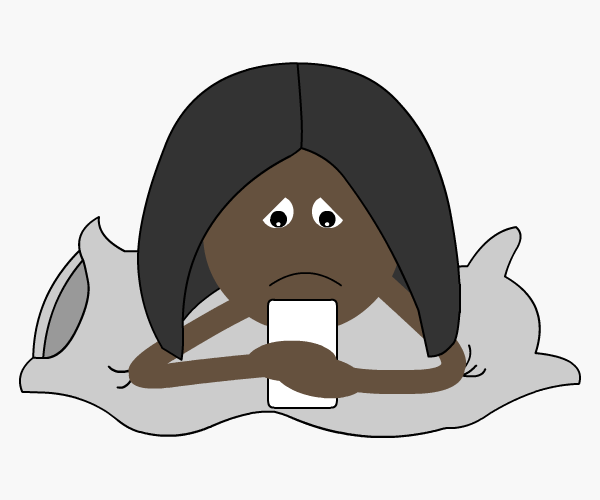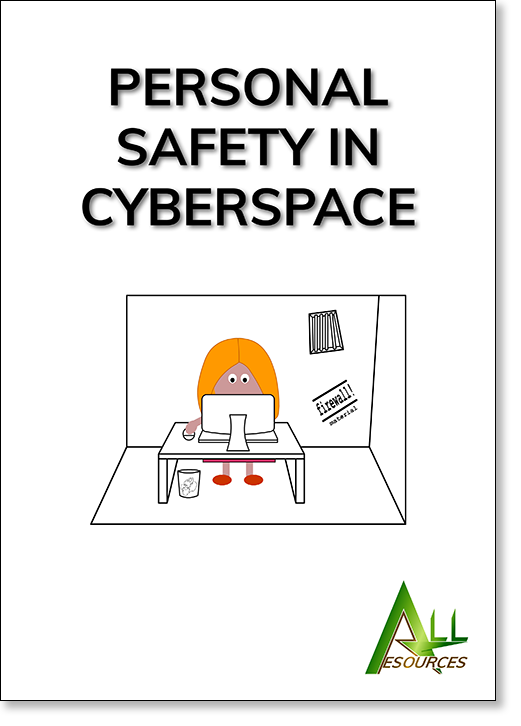
Cyberbullying is a word we hear a lot today, but many people are unaware how prevalent it is.
Anyone can be a target of bullies. Bullying is not restricted to a certain age, race, gender, religion or sexuality. In fact, cyberbullying has become one of the most pervasive forms of bullying mainly due to the increase in technology coupled with widespread access to the internet.
A core problem with cyberbullying is the anonymity it grants to the perpetrator. We may be fully aware that any form of bullying is wrong, but have we ever fallen into the trap of overstepping the boundaries of acceptable behaviour when online?
The term ‘keyboard warrior’ conjures up images of a justified crusade against a perceived wrong, but there can be a thin line between harmless banter and abuse when using social media. People with anger or hatred issues, who may not normally have the courage to speak out, may feel justified in antagonising or even bullying strangers on the internet. Safe and anonymous behind their computer screens, they may use unacceptable language and insults to get their point across. Often, the person doing the bullying will not stop to think about the consequences of their actions, whereas the individual being bullied may take every word to heart, leading to feelings of worthlessness and anxiety. It is hard to imagine that words on a screen can have such an impact, but we must remember that vulnerable people can take insults very personally.
So what is the best way to deal with cyberbullying? The important things to remember are:
- Do not respond to the bully. This may seem obvious, but it is the best advice. Bullies want a reaction, so don’t give them one. Do not allow ignorant comments and name calling to affect you.
- Keep a record of any abuse you have suffered including details of names, forums and websites and pass these on to the relevant authorities such as the internet service provider, mobile phone provider, social media site etc.
- Talk to someone — a trusted adult, friend, parent or teacher.
- Use secure passwords for all internet accounts and websites and activate privacy settings on all social media websites.
- Never give out your passwords or personal details — not even to friends.
- Block the bully from your contacts, forums, messages, emails, social media accounts etc.
For more information about keeping safe online check our resource ‘Personal Safety in Cyberspace’.

Personal Safety in Cyberspace
This pack looks at the dangers of online grooming, malicious software, webcams, cyberbullying and scams.
- Age range: 12 years and upwards
- Category: Schools
- Last revised: 2023
- Pages: 73
- Illustrated throughout
Hard copy: £25.99 add to basket


